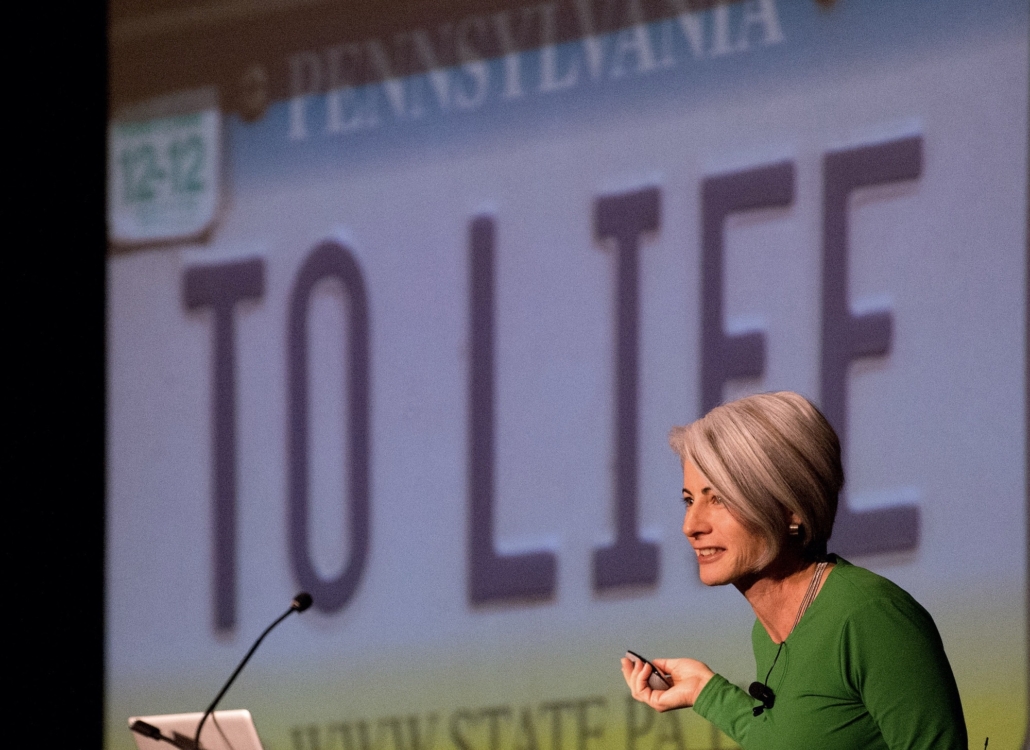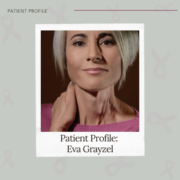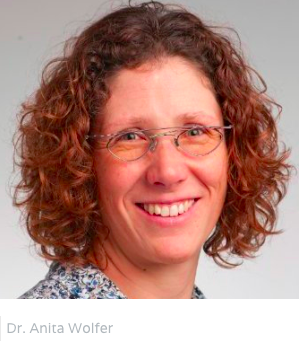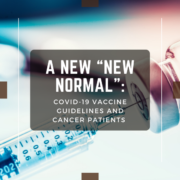Patient Profile: Eva Grayzel
When stage IV squamous cell carcinoma survivor Eva Grayzel shares her story, you can tell that she has a zeal for life. She survived oral cancer and works as a performance artist and speaker. Diagnosed at age 33, she was told that she had a 15 percent chance of survival. Eva’s journey started with a sore on the side of her tongue that wouldn’t resolve .
About eight weeks after noticing the sore, Eva saw an oral surgeon who examined her tongue. She complained about the pain, and her oral surgeon said, “if it bothers you so much, we can take it off.” She agreed. Two days later, Eva felt fine, and two weeks later, she received an assuring call from the surgeon’s office to inform her that her biopsy was negative. She was confused and wondered if there was a mistake of some sort. “I literally thought, ‘What on earth could they be looking for in a biopsy of the tongue?’ The receptionist told Eva she had nothing to worry about. Two years passed, and she had no obvious symptoms. But early stage oral cancer often goes without symptoms. Two years later, another sore developed on her tongue over the previous biopsy site.
Eva returned to the doctor after eight weeks, and they diagnosed her with hyperkeratosis, which is basically a callus. “They treated me for trauma for nine months; they had my teeth shaved down; they gave me gels and rinses. It was a nightmare.” Her doctors also told her that the amount of speaking in her work exacerbated her symptoms, and she regrets that she didn’t know more about oral cancer at that time. Eventually, a second opinion brought her the correct diagnosis of squamous cell carcinoma, which was treated with surgery and radiation and followed up with reconstructive surgeries.
Throughout her cancer journey, Eva has endured a lot. She had one-third of her tongue removed, a partial tongue reconstruction from arm and leg tissue, a modified radical neck dissection, and a maximum dose of radiation therapy. “It was most definitely the hardest thing I’ve ever been through during treatment. I planned my funeral and didn’t think I was going to survive.” Through an extraordinarily successful treatment plan, Eva not only survived but also regained her ability to speak clearly. With a second chance at life, she couldn’t let the same thing happen to someone else.
Radiation to the head and neck is the most difficult part of the body to tolerate therapy. “What I learned is that you’re stronger than you think you are. You have more strength than you know you do. I really didn’t think I could get through this, and somehow I pulled through.”
Eva has learned some things and has some advice for survivors. “There’s always hope, and hope is different to different people. For some it might be no pain, for others it might be living six months to make it to their kid’s graduation or wedding. Only you know what’s right for you.”
She has self-care advice for care partners as well, “You need to take care of yourselves so that you are renewed, refreshed, and at your best to take care of the person you’re caring for. When you’re tired, rest. When you need a break, take it. Go out for lunch with a friend or take a walk. Do what you need to do for yourself, so you can be the best caregiver you can be.”
For family and friends who want to help but don’t know what to say, Eva advises asking yes/no questions: “I’m making chicken for dinner, can I make you some? I’m taking the children to the park, can I take yours? I’m going to the market, can I pick up anything for you” On a visit, empower the patient by asking them how they want to spend the time, instead of making the visit about your agenda. Bring with you what you think they may enjoy; polish their nails, massage their feet, read the sermon of the week, bring a game, a joke book….
Eva has lessons learned about oral health. “I would say as an oral cancer survivor, I’ve learned a lot about oral health. And this goes for all cancer survivors, the health of your mouth is the window to the health of your full body. So, if your body is fighting cancer and even recovering from treatment, keeping your mouth in its cleanest state will serve you well.”
Even for those who have adult children, Eva is an advocate for telling your kids the truth. Patients might think grown children are too busy with their own responsibilities, but she advises talking to them about your cancer, because it’s an opportunity to teach them about what it means to be a family. If you choose to hide a diagnosis from children, you are promoting secrecy and dishonesty, you risk a lot of anger if they find out you withheld the information, and mostly, it’s an opportunity to teach children how to overcome life’s challenges. Life is in balance. When tragedy strikes, notice the opposing forces of gratitude and hope.
Every cancer survivor should get an oral cancer screening at their dental checkup. If you don’t know whether you receive a screening, visit sixstepscreening.org. “Or simply tell your dentist, ‘I want an oral cancer screening. It’s the standard of care, the American Dental Association says that everybody should be getting the screening at least once a year at a dental checkup.’”
After surgery and reconstruction, Eva can swallow normally but can’t feel or taste in the area where her cancer was. She can only chew on the right side of her mouth but still feels grateful. “The body is amazing. It adapts in a phenomenal way, so whatever you lose, however your body changes, it will learn to adapt to work for you. It takes time, it takes patience. But there’s hope for a really good life after cancer, but the mind is part of it, and also taking good care of yourself is really important so that you can be the best person you can be.”
Eva’s children were 5 and 7 when she endured treatment for cancer. To help children like her own cope with a diagnosis in the family, she wrote two children’s books to promote dialogue between adults and children and to help them cope with their feelings and fears.

Eva speaks to oral cancer survivors internationally and provides hope. If you know someone who has been recently diagnosed, don’t hesitate to reach out to Eva: eva@evagrayzel.com










